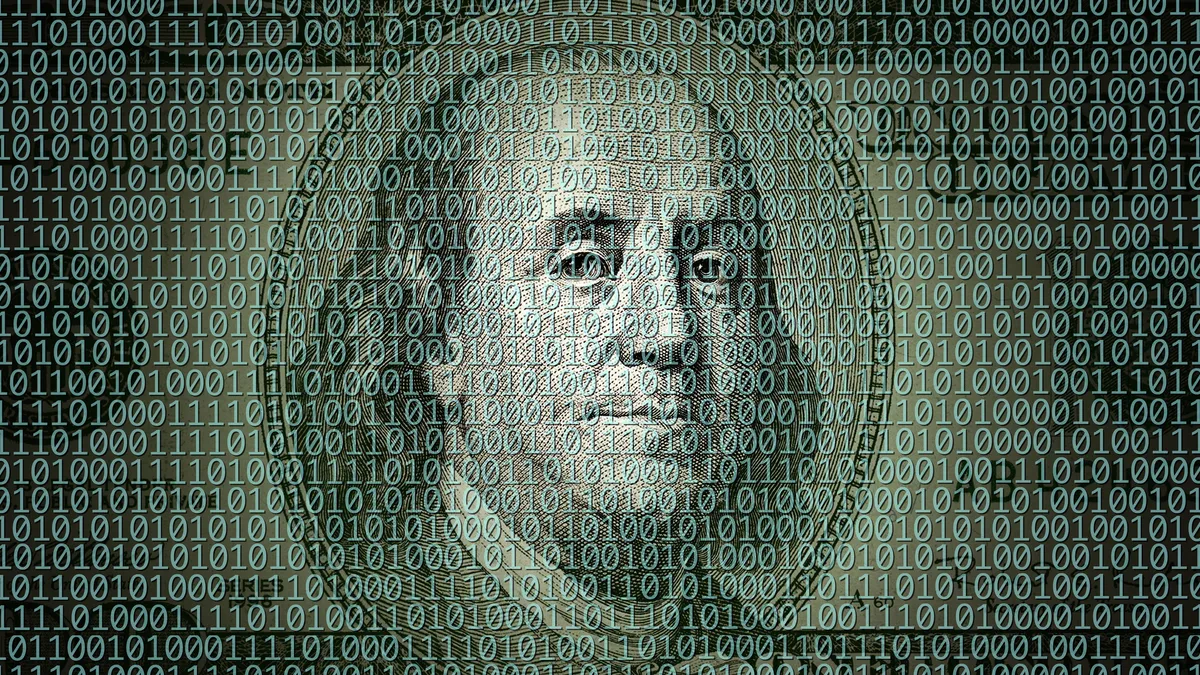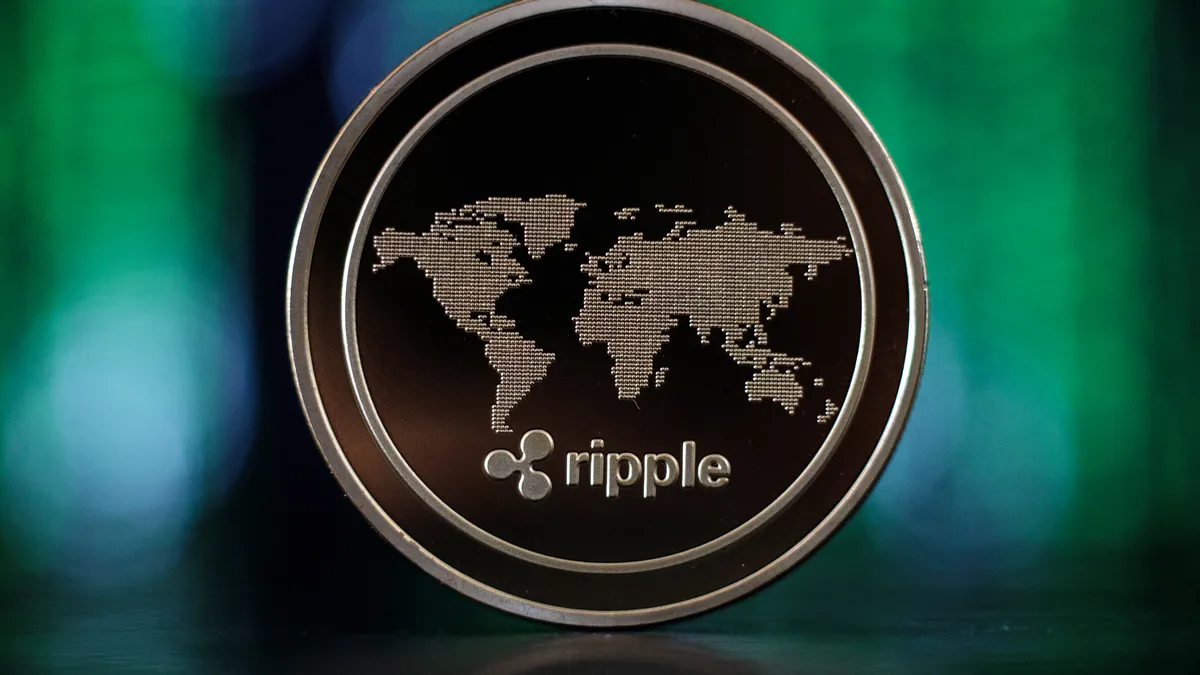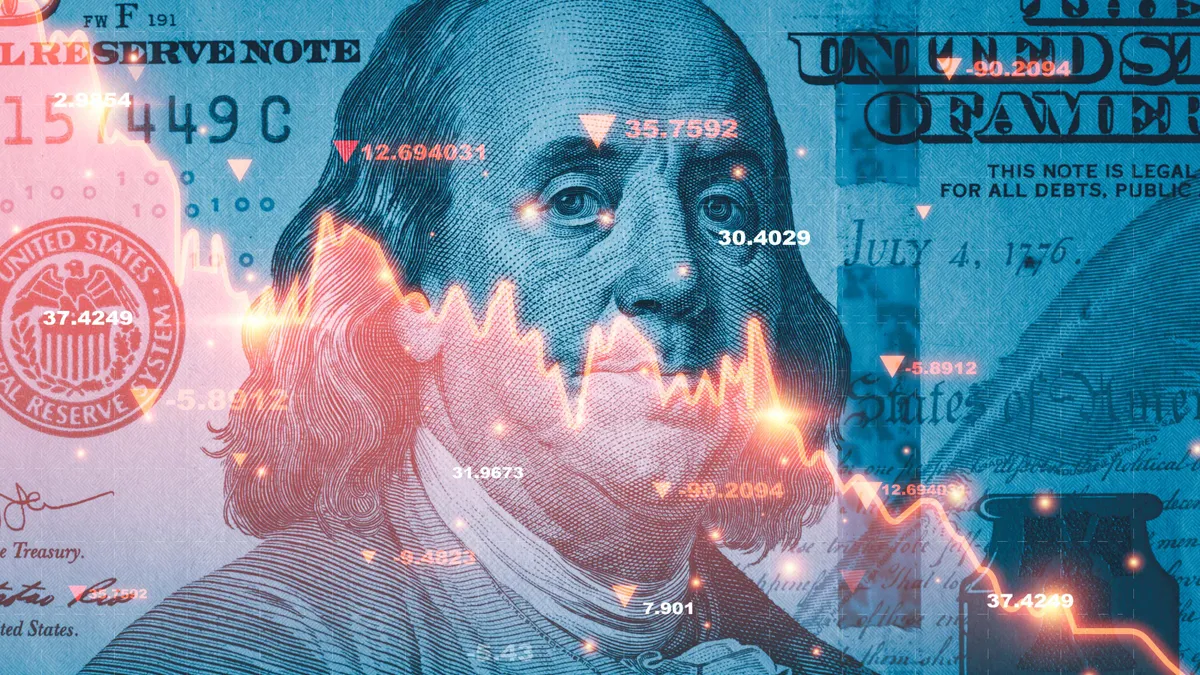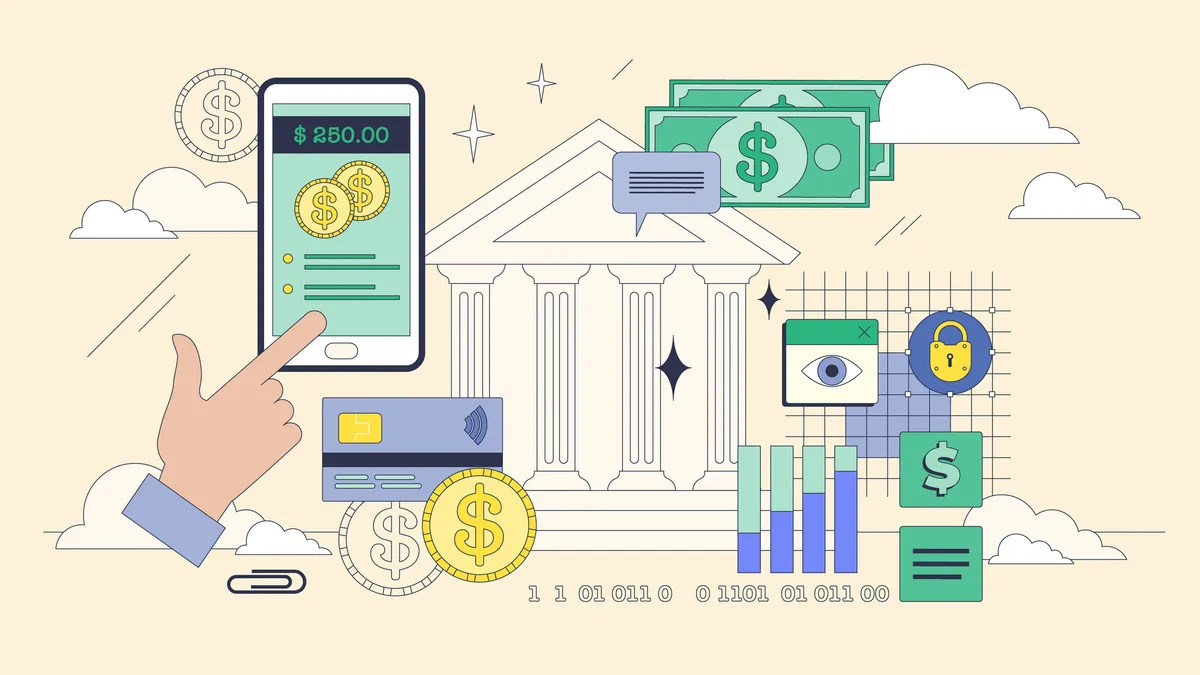A group of Democrats, led by Rep. Stephen Lynch of Massachusetts, introduced a House bill Monday to create a digital dollar that would be an alternative to the much-discussed central bank digital currency (CBDC) option.
The Electronic Currency and Secure Hardware Act would allow for a peer-to-peer play on the notion of a digital currency and preserve the anonymity of physical cash, according to a press release Monday from Lynch’s office. The bill would also commission the Treasury Department to create the new currency, turning on its historical role in producing physical currency.
Supporters are pitching the bill as a way to "promote greater financial inclusion, maximize consumer protection and data privacy, and advance U.S. efforts to develop and regulate digital assets," according to the press release.
Lynch noted the program would dovetail with the Federal Reserve’s work on a CBDC, but added his Treasury approach would tilt the focus away from the Fed’s leadership in exploring a digital dollar. Fed Chair Jerome Powell has been slow to pursue the idea over the past year, suggesting he was in no rush to act and delivering a draft paper on a CBDC's pros and cons months later than initially proposed.
The issue was jump-started this month by President Joe Biden’s executive order focused on digital assets. In the order, Biden placed the "highest urgency" on research and development efforts for a U.S. CBDC, and directed federal agencies to explore the issuance of a digital dollar.
Lynch, a senior member of the House Financial Services Committee who chairs its Task Force on Financial Technology, has been keenly focused on the issue in recent years. He has pushed regulators, including Powell, to move ahead in exploring a U.S. digital currency, in light of other countries’ progress in the area, particularly China’s development of a digital yuan.
"It is absolutely critical for the U.S. to remain a world leader in the development and regulation of digital currency and other digital assets," Lynch said in Monday's press release.
The Democrats who co-sponsored the bill — Reps. Jesús G. "Chuy" García of Illinois, Rashida Tlaib of Michigan, Ayanna Pressley of Massachusetts and Alma Adams of North Carolina — also sit on the House Financial Services Committee and are focused on serving unbanked and underbanked constituents.
"My neighborhood in Chicago is home to one of the strongest immigrant business districts in the country, and it couldn’t run without cash," García said in the release. "Cash remains our strongest tool to promote financial inclusion while preserving privacy and security, and new digital tools should emulate it — not replace it."
The bill calls for the establishment of a Treasury Department pilot, the Electronic Currency Innovation Program, that would "develop and issue an electronic version of the U.S. Dollar that promotes consumer safety and privacy, financial inclusion and equity, and anti-money laundering and counterterrorism compliance," according to the press release. The proposal also seeks the appointment of a director for the program.
"Importantly, this pilot program will also preserve a role in our financial system for smaller anonymous cash-like transactions which are currently transacted in physical dollars and which have seen a rapid decline in use," Lynch said in the press release. Lynch was unavailable for an interview, a spokesperson said.
Rohan Grey, an assistant law professor of Willamette University's College of Law in Salem, Oregon, who played a role in crafting the new bill, said it makes sense to allow the Treasury Department, which has experience in the currency arena through the Bureau of the Fiscal Service, to take the lead in creating a new electronic currency that preserves the kind of privacy individuals have in using paper cash.
The Fed doesn't have the statutory authority to create a CBDC or the capacity to maintain the retail accounts that would be required for a CBDC, Grey said in an interview. Beyond that, giving the Fed the power for electronic surveillance of digital currency isn't a good idea because of the potential for infringing on users' privacy, Grey said.
Grey, who is also research director of the Digital Fiat Currency Institute, has worked with other lawmakers over the past few years on possible government approaches to digital currency and testified before the House Task Force on Financial Technology last year.
The Lynch bill was expected to be taken up Monday at a hearing of the House Financial Services Committee, but that public airing was delayed because of the status of related CBDC legislation, Grey said. In any case, the professor expects a hearing of the task force to be dedicated to the new Lynch bill soon.
Other lawmakers, such as Rep. Donald Payne Jr., D-NJ, have been concerned with preserving the right to use cash. Payne has sought support for the Payment Choice Act, which would enshrine the right to pay with cash and bar merchants from rejecting it.
All of these digital and cash issues may be wrapped into one comprehensive bill, Grey said.
"[The Lynch bill] will feed into a larger conversation about supporting cash," he said.
























